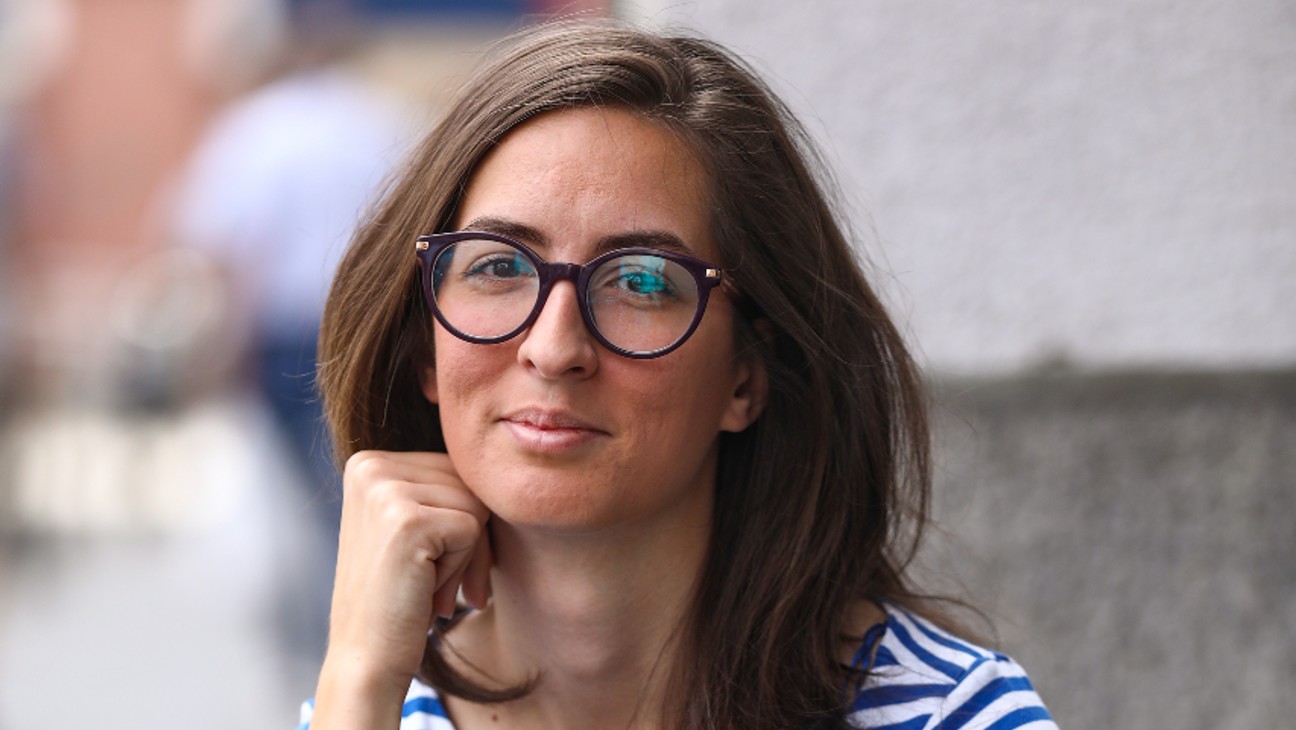
Courtesy of the Sarajevo Film Festival

When the Sarajevo Film Festival was launched, back in 1995, it was in defiance. Founded during the siege of the city during the Bosnian War, the festival stood as a symbol of the power and resilience of cinema even in the face of violence and war.
In 2002, when the fest launched its CineLink program, it was amidst a mood of hope, a hope for a better future for the film industry in the former Yugoslavia and or the entire region of Southeastern Europe.
What started as a modest co-production market to encourage production with and between filmmakers in the region has now, two decades on, expanded to include a rich and diverse program of conferences, panels, talks and masterclasses. The heart of the Sarajevo Film Festival’s industry program, CineLink now plays an essential role in scouting for new talents from the region, mentoring and supporting them in their creative development through programs like Talents Sarajevo, a branch of Berlin’s Berlinale Talents program, showcasing their student and short films, and, through participation in the CineLink co-production market, linking them up with potential investors and co-producers to help launch their international careers.
“Once they finish shooting their first films, they’d be invited to CineLink Work-in Progress to present their films to the leading festival programmers from Sundance, Berlinale, Cannes, Venice and other major film festivals, and to look for sales agents,” says Maša Marković, the former head of CineLink who has stepped up to run Sarajevo’s entire industry program, replacing Jovan Marjanović after he was promoted to Sarajevo Film Festival director this year.

Courtesy of the Sarajevo Film Festival
Sarajevo this year expanded its circle of influence to include Ukraine, a response to the Russian invasion of the country and an expression of solidarity with the Ukrainian people and its filmmakers. To provide Ukrainian colleagues with a safe environment to work in, the Sarajevo Film Festival, in collaboration with the Ukrainian institute, has launched a residency program for Ukraine filmmakers to live and work in Sarajevo under mentoring from the leading Bosnian and international film experts.
“We decided to launch a residency program for two Ukrainian projects selected in collaboration with the Ukrainian institute: the drama Cherry Blossoms, directed by Marysia Nikitiuk and produced by Igor Savychenko, in the feature fiction project-in-development program, and Fragments Of Ice, directed by Maria Stoianova and produced by Alina Gorlova, in the documentary project-in-post-production program. Both projects will be presented to decision-makers at CineLink”, explains Marković.
Over the past 20 years, CineLink paved the way for many women directors in the past whose projects were developed through the program. Some of the notable success stories are the award-winning docu-drama Honeyland by North Macedonian director Tamara Kotevska, which had its world premiere at Sundance and scored two 2020 Oscar nominations for Best International Feature Film and Best Documentary Feature; 2018 Golden Bear winner Touch Me Not by Romanian director Adina Pintilie and North Macedonian award-winning drama God Exists, Her Name Is Petrunya by Teona Strugar Mitevska whose latest film The Happiest Man in the World is selected for the competition program at this year’s Venice Film Festival.
For the 2022 Sarajevo Film Festival, CineLink introduced the Female Voices Award, a new $10,200 (€10.000) cash prize presented by the Slovenian Film Center. The new award aims to promote female voices from the South East of Europe and will be granted to one project in development participating in the CineLink Co-Production or Drama strands. The best project will be chosen by the three-member jury, with the main criteria being the quality of the script.
“When you look at the statistics you’ll see that the majority of projects presented at the CineLink are produced by women, something around 65 percent to 70 percent, but when you look at the number of films directed or written by women it’s a different story. It’s around 35 percent,” explains Marković why the new Female Voices Award is needed in the region and continues, “we believe it will encourage female filmmakers.”
She adds: “The festival and CineLink have been supporting women filmmakers for some time now. In 2014, the Eurimages convention for gender equality was created in Sarajevo as part of CineLink, and in 2020 the Eurimages Audientia Award, which is given to female filmmakers, launched in Sarajevo. Last year we introduced a new gender equality award for the first-time female filmmakers across festival sections which includes a $7,600 (€7,500 cash prize.”
The organizers hope the award will help female filmmakers with financial support to fund the development of their first projects.
“Very often, that’s the most difficult step: getting the seed money needed to start a project. With this award, our aim is to launch and support projects by women directors and writers,” Marković notes.